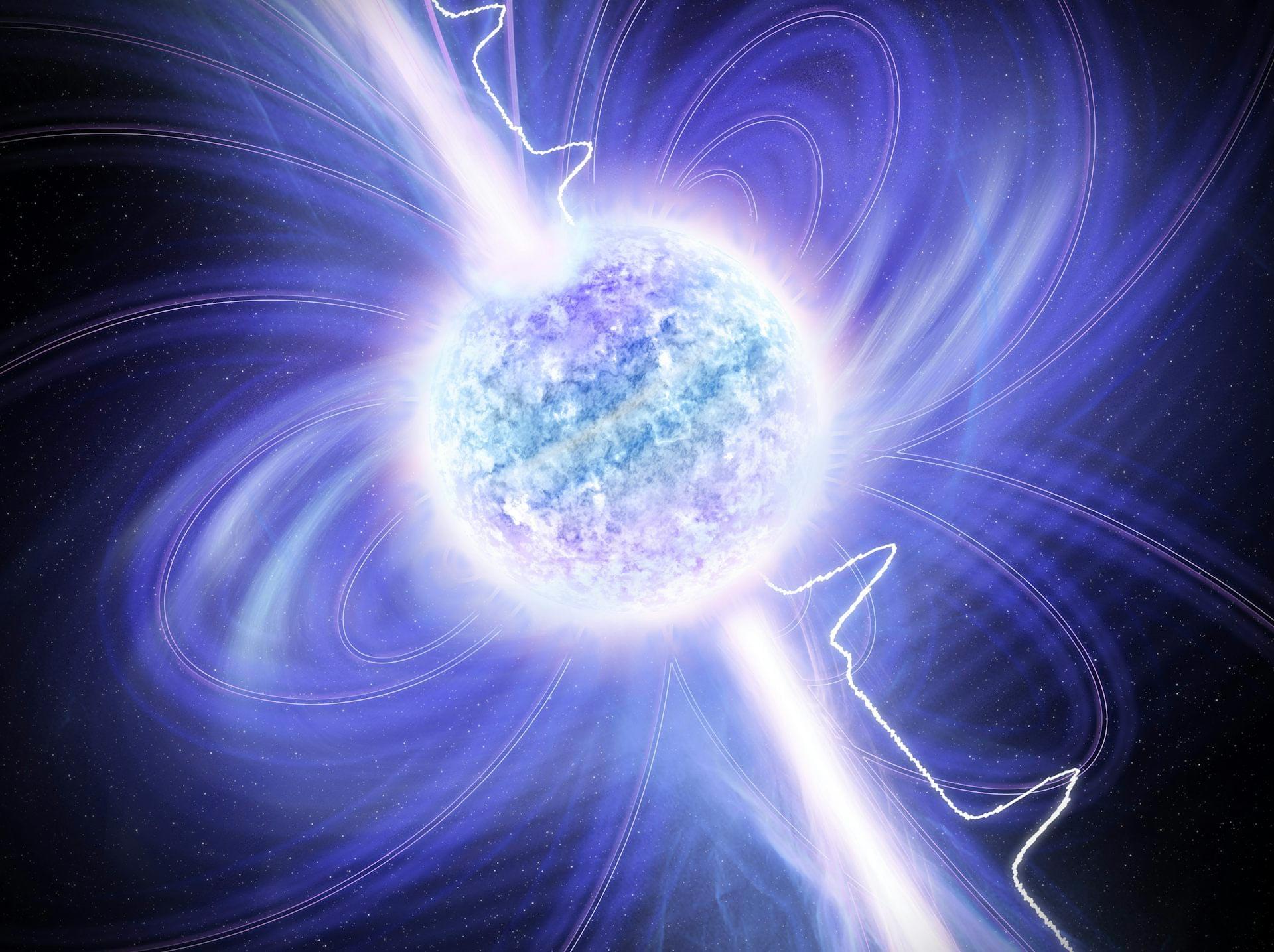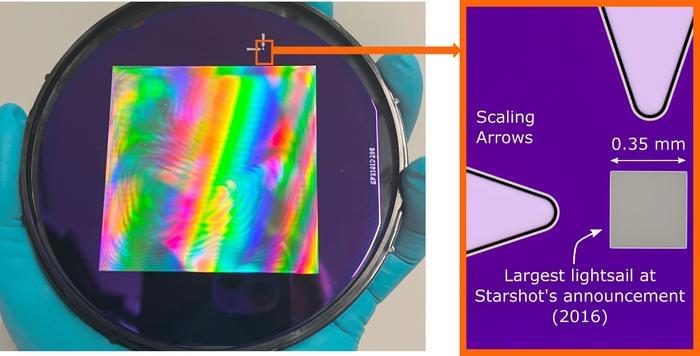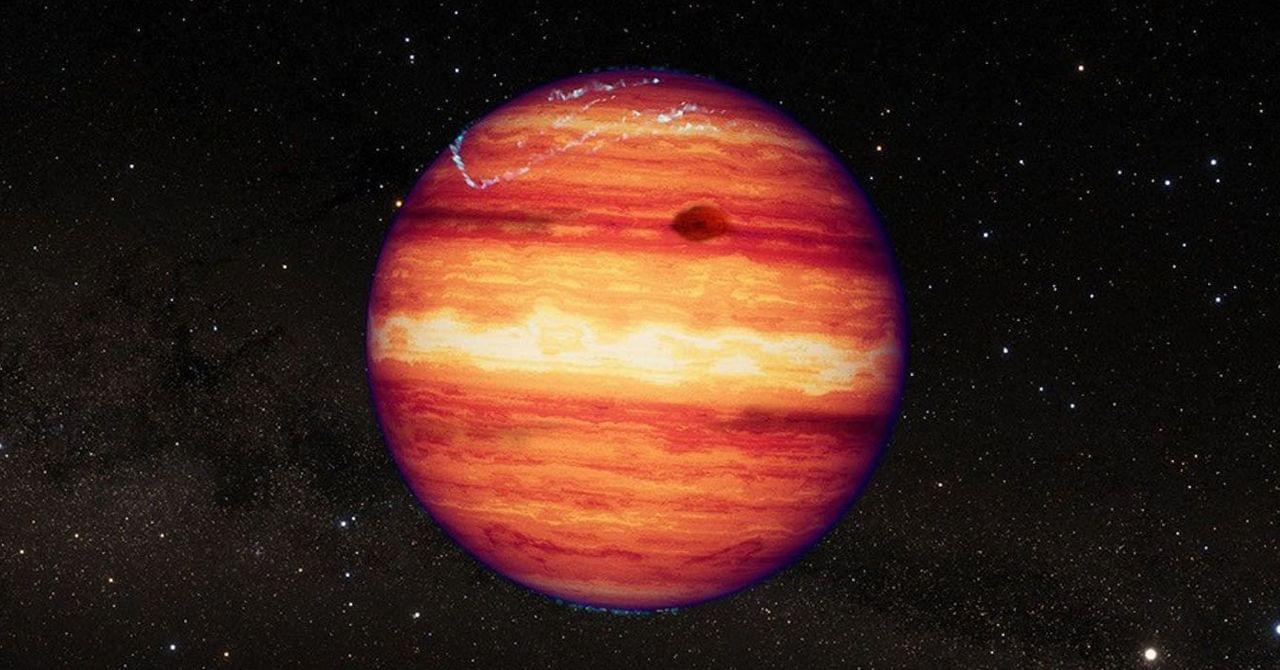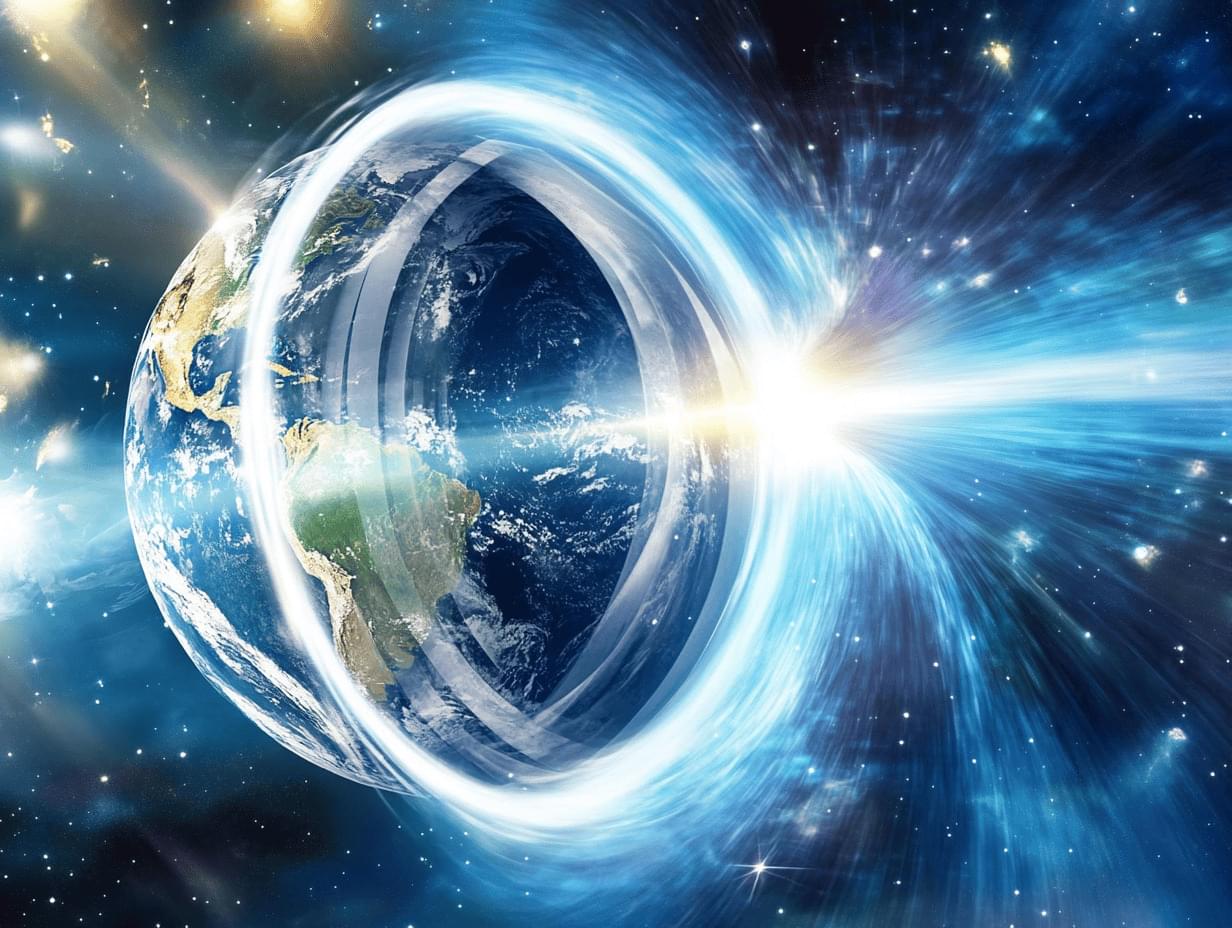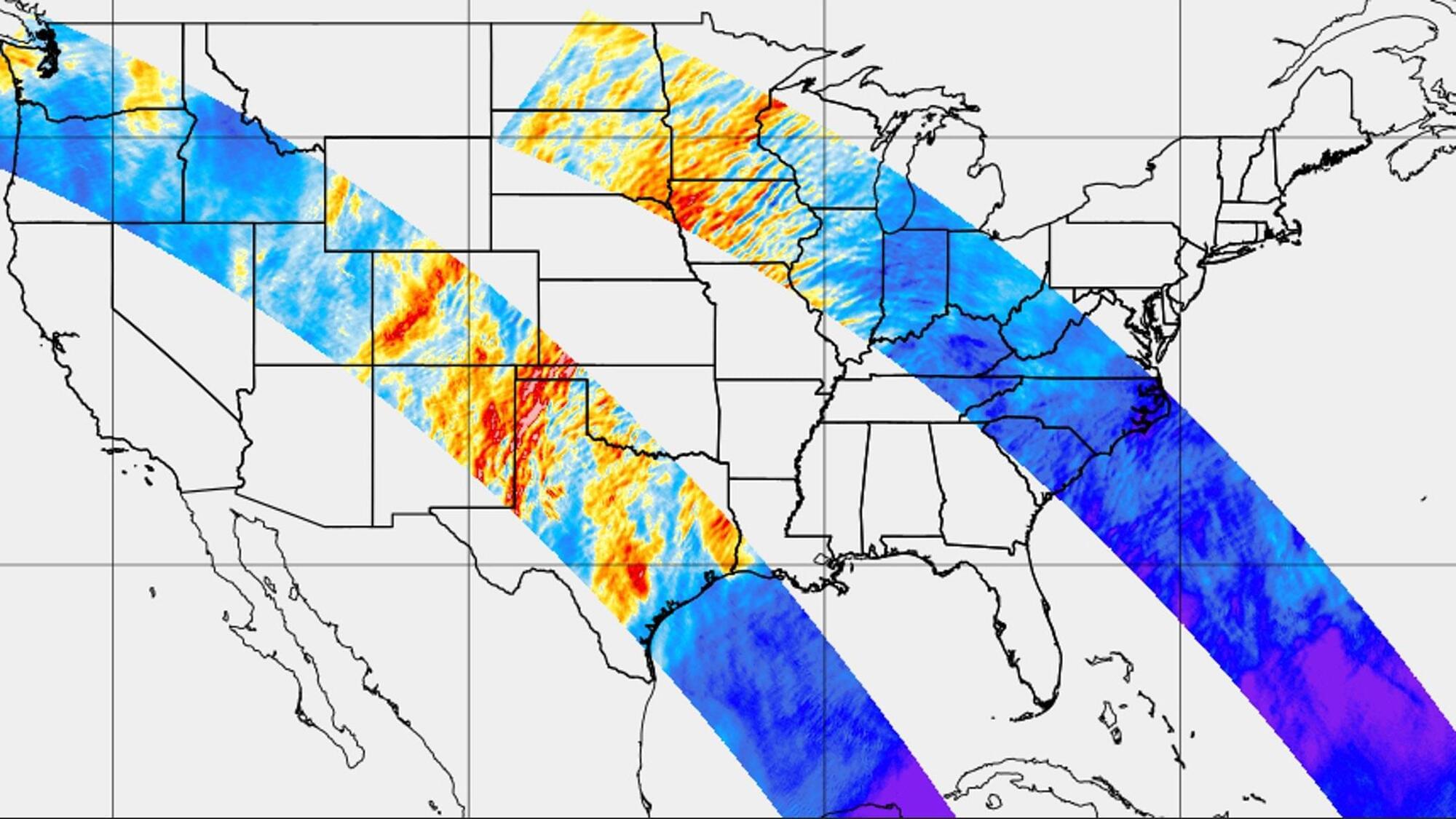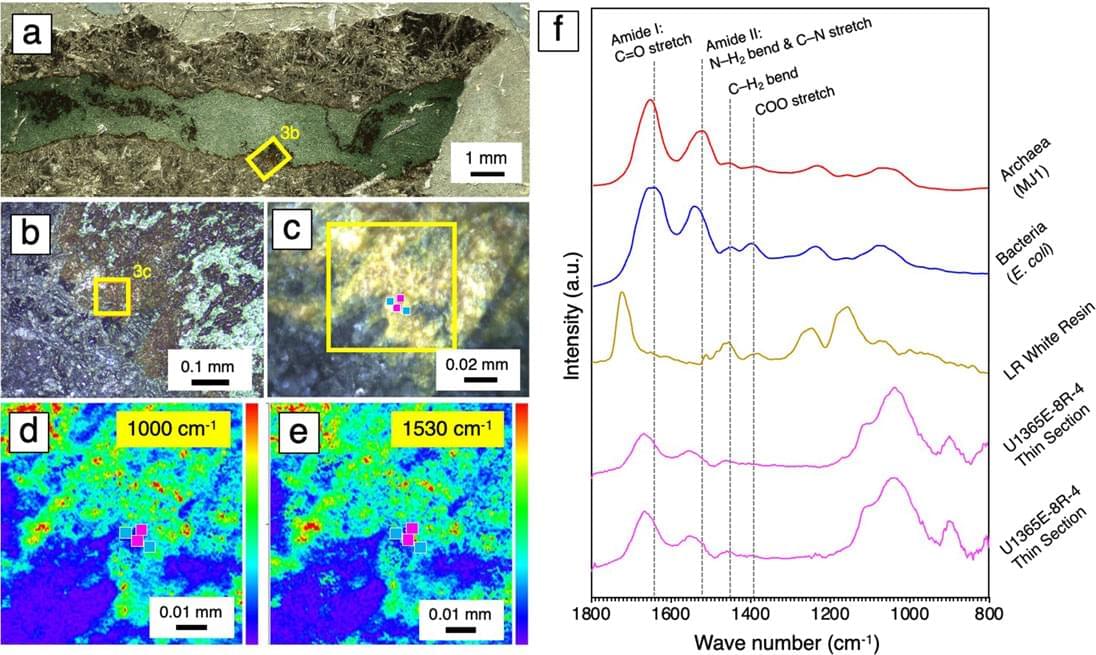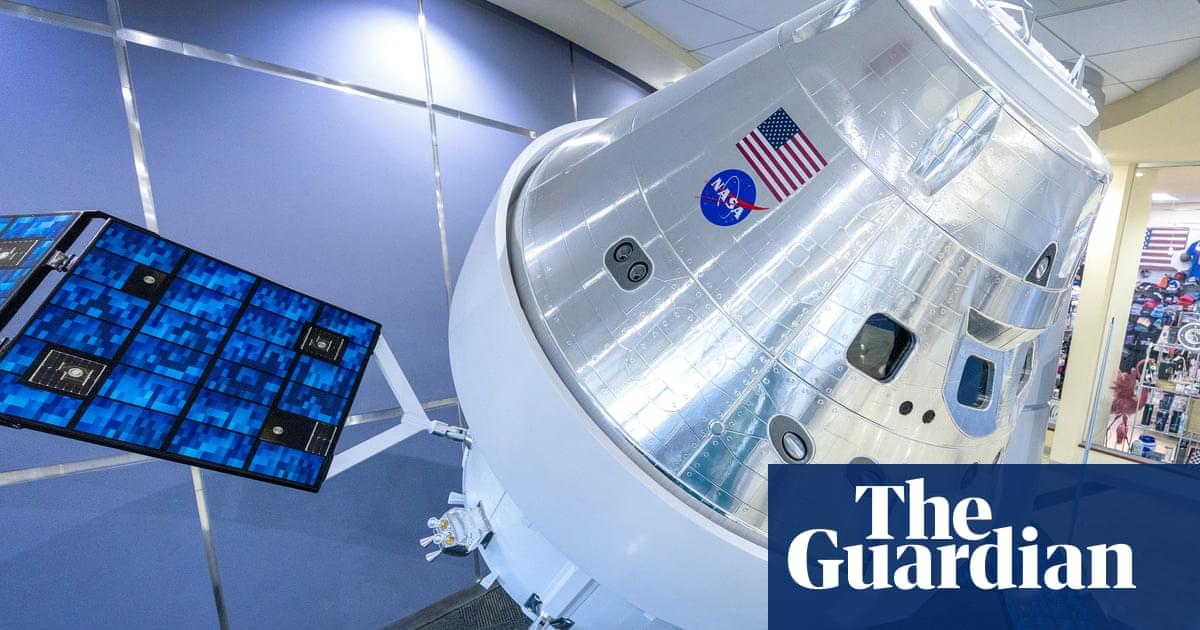Does the proton decay? While this was a famous prediction of Grand Unified Theories (GUTS) developed in the 1970s and 1980s, experimentalists have ruled it out—or rather, put lower limits on its mean lifetime of about 1034 years. That’s 20 orders of magnitude greater than the age of the universe.
But two physicists have been wondering: Could the lifetime be different in other places and at other times? Could the proton have decayed faster in the past? Could it decay faster somewhere else in the universe? They have reimagined some physics processes assuming the proton does decay and calculated possible lifetimes of around 1018 years. That’s only eight orders of magnitude beyond the universe’s lifetime. Their work was recently published in Physical Review D.
“People had previously asked various questions of the type, ‘Are the fundamental physics parameters measured on the Earth the same elsewhere in the universe?’” said Peter Denton, a co-author at Brookhaven National Laboratory on Long Island, New York in the U.S. “One case that hadn’t been investigated was the stability of the proton. Earth experiments show that the proton is incredibly stable, but those only apply here, in our part of the galaxy, and now, over the last several decades. What if proton decay depended on time or space?”

